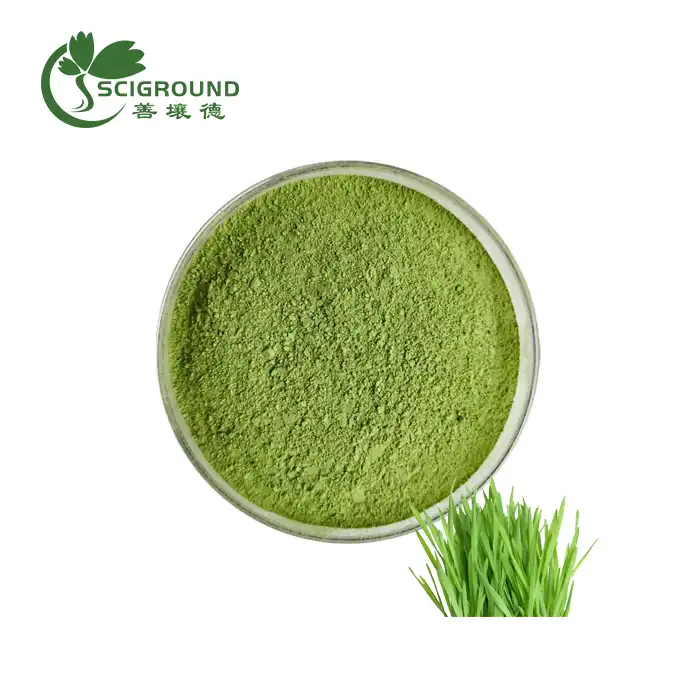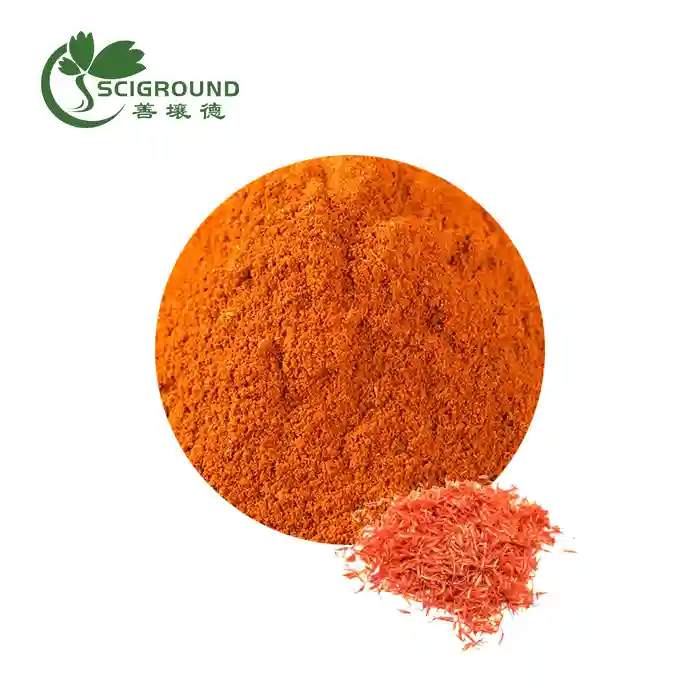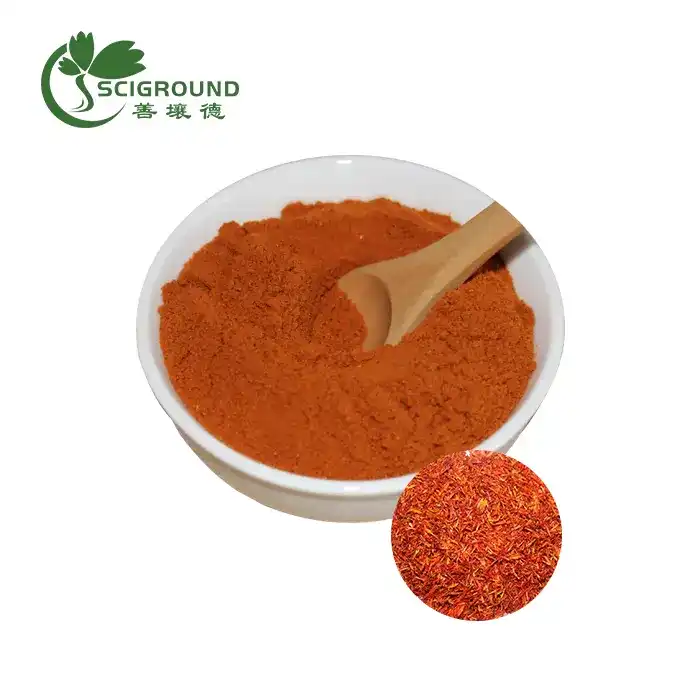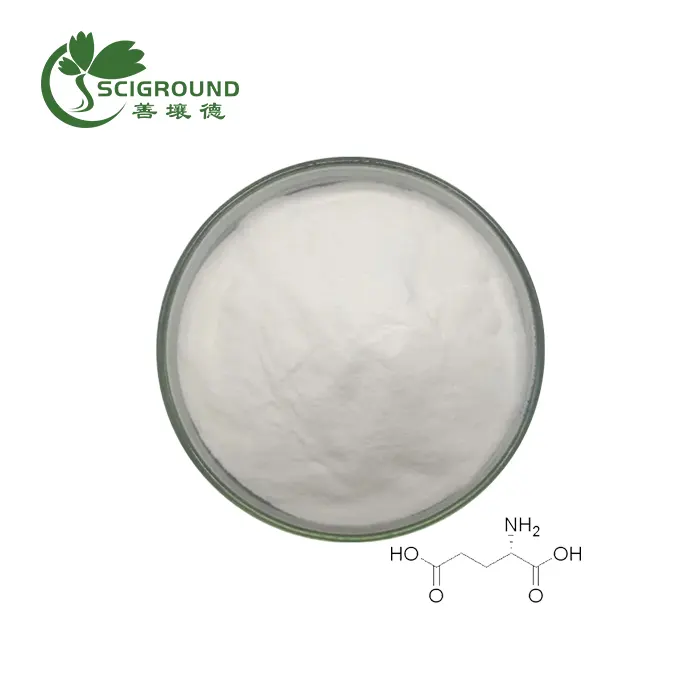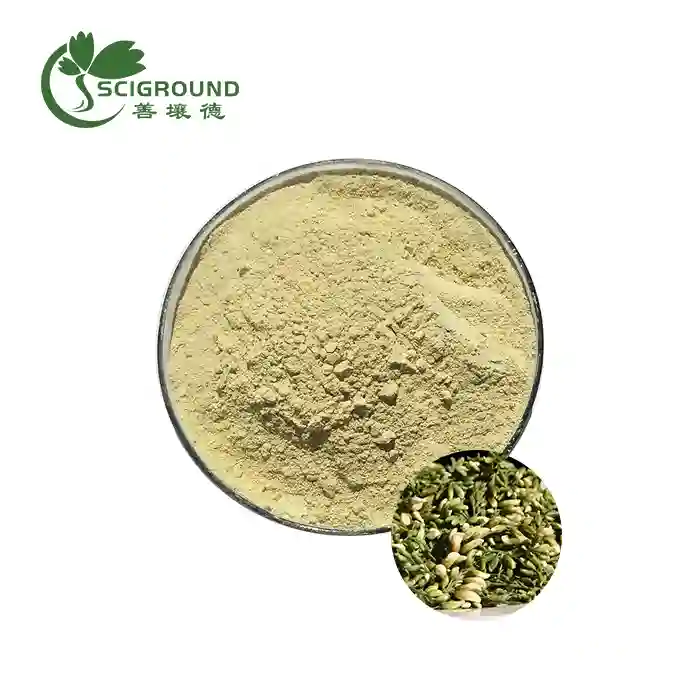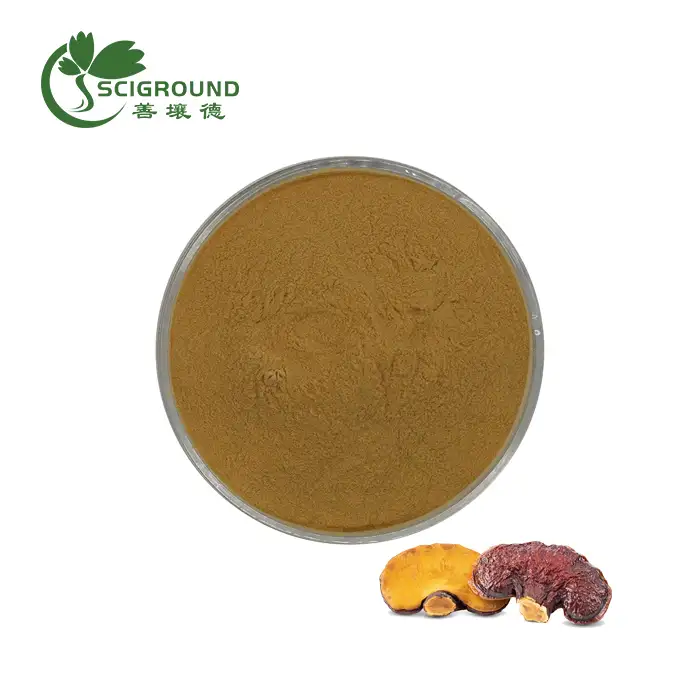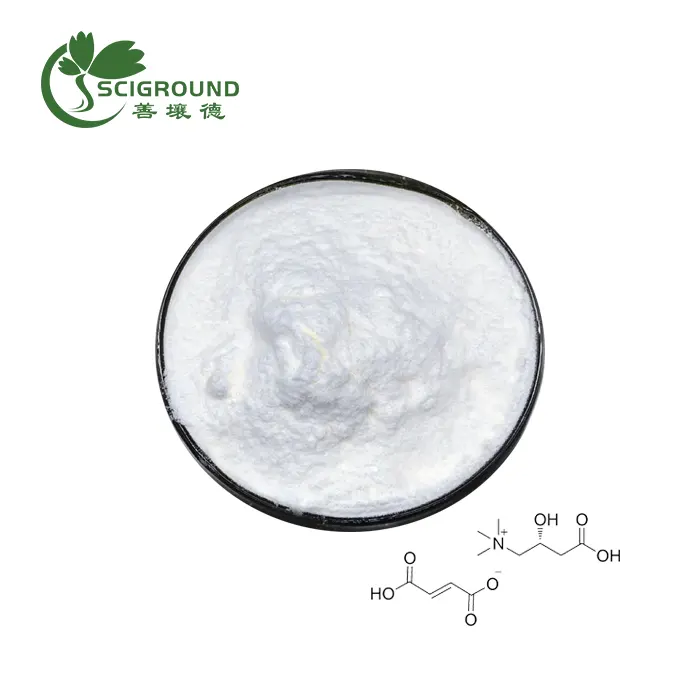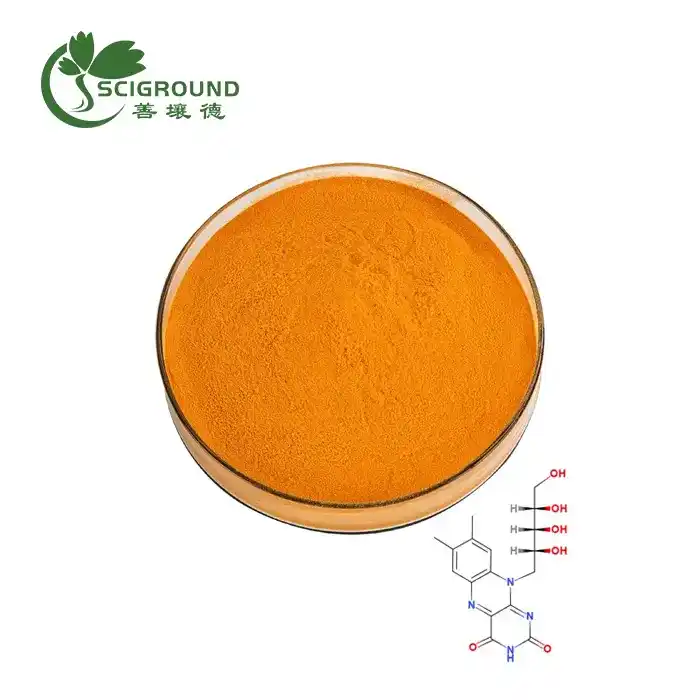Is it escin or aescin?
When delving into the world of plant-based compounds, you may come across the terms "escin" and "aescin." These names often cause confusion, leaving many wondering if they refer to the same substance or are entirely different compounds. In this article, we'll unravel the mystery surrounding escin and aescin, explore their health benefits, and examine their functions in the human body.
Escin, also spelled as aescin, is a natural compound found primarily in horse chestnut seeds. It's a mixture of saponins, which are plant-based chemicals known for their foaming properties and various biological effects. This powerful compound has garnered significant attention in the medical and scientific communities due to its potential therapeutic applications.
What are the health benefits of aescin?
Aescin has been studied extensively for its numerous health benefits, particularly in relation to vascular health and inflammation. Some of the most notable benefits include:
- Improved Vein Health: Aescin is renowned for its ability to strengthen blood vessel walls and improve circulation. It's particularly effective in treating chronic venous insufficiency, a condition characterized by poor blood flow in the legs.
- Reduced Edema: One of the most well-documented benefits of aescin is its capacity to reduce swelling and fluid retention. This makes it valuable in treating conditions like varicose veins and post-surgical edema.
- Anti-inflammatory Properties: Aescin exhibits potent anti-inflammatory effects, which can help alleviate pain and swelling associated with various conditions, including arthritis and sports injuries.
- Antioxidant Activity: Research suggests that aescin possesses antioxidant properties, helping to protect cells from damage caused by free radicals.
- Potential Cognitive Benefits: Some studies indicate that aescin may have neuroprotective effects, potentially benefiting cognitive function and reducing the risk of neurodegenerative diseases.
These diverse health benefits make aescin a compound of significant interest in both traditional and modern medicine.
What are the benefits of escin?
While "escin" and "aescin" are often used interchangeably, it's worth exploring the specific benefits attributed to escin in scientific literature:
- Vascular Protection: Escin has been shown to enhance the integrity of blood vessels by reducing capillary permeability and strengthening vein walls. This property makes it valuable in treating various vascular disorders.
- Anti-edema Effects: One of escin's most notable benefits is its ability to reduce edema or swelling. It achieves this by inhibiting the activity of enzymes that break down the structural components of blood vessel walls.
- Pain Relief: Escin's anti-inflammatory properties contribute to its analgesic effects, making it useful in managing pain associated with various conditions, including hemorrhoids and varicose veins.
- Improved Microcirculation: By enhancing blood flow in small blood vessels, escin can improve tissue oxygenation and nutrient delivery, potentially benefiting overall health and wound healing.
- Potential Anti-cancer Properties: Some preliminary studies suggest that escin may have anti-tumor effects, though more research is needed to confirm these findings and understand the mechanisms involved.
The benefits of escin extend beyond vascular health, making it a versatile compound with potential applications in various areas of medicine and wellness.
What is the function of aescin?
Understanding the function of aescin at a molecular level provides insight into its diverse health benefits. Here are some of the key functions of aescin in the human body:
- Vascular Tone Regulation: Aescin helps maintain proper vascular tone by influencing the contraction and relaxation of blood vessels. This function is crucial for healthy circulation and blood pressure regulation.
- Enzyme Inhibition: Aescin inhibits certain enzymes, such as hyaluronidase and collagenase, which are responsible for breaking down components of the extracellular matrix. By doing so, it helps maintain the structural integrity of blood vessels and surrounding tissues.
- Anti-inflammatory Action: Aescin modulates the inflammatory response by inhibiting the production and release of pro-inflammatory mediators. This function underlies its effectiveness in reducing inflammation and associated symptoms.
- Antioxidant Activity: As an antioxidant, aescin helps neutralize harmful free radicals in the body, protecting cells from oxidative stress and potential damage.
- Lymphatic System Support: Aescin has been shown to improve lymphatic drainage, which is essential for reducing edema and maintaining fluid balance in tissues.
- Cell Membrane Stabilization: By interacting with cell membranes, aescin helps stabilize them, potentially improving cellular function and resilience.
These functions collectively contribute to aescin's therapeutic potential across various health conditions, particularly those related to vascular health and inflammation.
In conclusion, whether referred to as escin or aescin, this remarkable compound derived from horse chestnut seeds offers a wide array of health benefits. Its multifaceted functions in the body make it a valuable subject of ongoing research and a promising natural remedy for various health concerns. As with any supplement or natural remedy, it's essential to consult with a healthcare professional before incorporating aescin into your health regimen to ensure safe and effective use.
References:
- Sirtori, C. R. (2001). Aescin: pharmacology, pharmacokinetics and therapeutic profile. Pharmacological Research, 44(3), 183-193.
- Pittler, M. H., & Ernst, E. (2012). Horse chestnut seed extract for chronic venous insufficiency. Cochrane Database of Systematic Reviews, (11).
- Zhang, Z., Li, X. H., Liao, L. Y., & Xiao, F. R. (2010). Escin: a review of its pharmacology, toxicity and pharmacokinetics. Fitoterapia, 81(7), 680-689.
- Wilkinson, J. A., & Brown, A. M. (1999). Horse chestnut–Aesculus hippocastanum: potential applications in cosmetic skin-care products. International Journal of Cosmetic Science, 21(6), 437-447.
- Gallelli, L. (2019). Escin: a review of its anti-edematous, anti-inflammatory, and venotonic properties. Drug Design, Development and Therapy, 13, 3425.
- Domanski, D., Zegrocka-Stendel, O., Perzanowska, A., Dutkiewicz, M., Kowalewska, M., Grabowska, I., & Maciejewski, H. (2016). Molecular mechanism for cellular response to β-escin and its therapeutic implications. PLoS One, 11(10), e0164365.
If you're interested in learning more about aescin or escin and how it can benefit your health or product formulations, don't hesitate to reach out to us. At Shaanxi SCIGROUND, we're committed to providing high-quality plant extracts and expert knowledge to support your needs. Contact us today at info@scigroundbio.com for more information or to discuss how we can help you harness the power of aescin in your products.
Related Industry Knowledge
- What is Euphoscopin C?
- Which is better quercetin or fisetin?
- Is Soy Lecithin Safe for Skin?
- What is Lion's Mane Mushroom Extract?
- Vitamin b1 vs b2
- Vitamin b6 benefits
- L-serine VS Phosphatidylserine
- Wheat Protein: A Versatile and Nutritious Powerhouse for Your Health
- Broccoli Extract Powder: Unlocking the Power of Nature's Superfood
- Polygonum cuspidatum root extract resveratrol: Benefits, Safety, and Dosage
